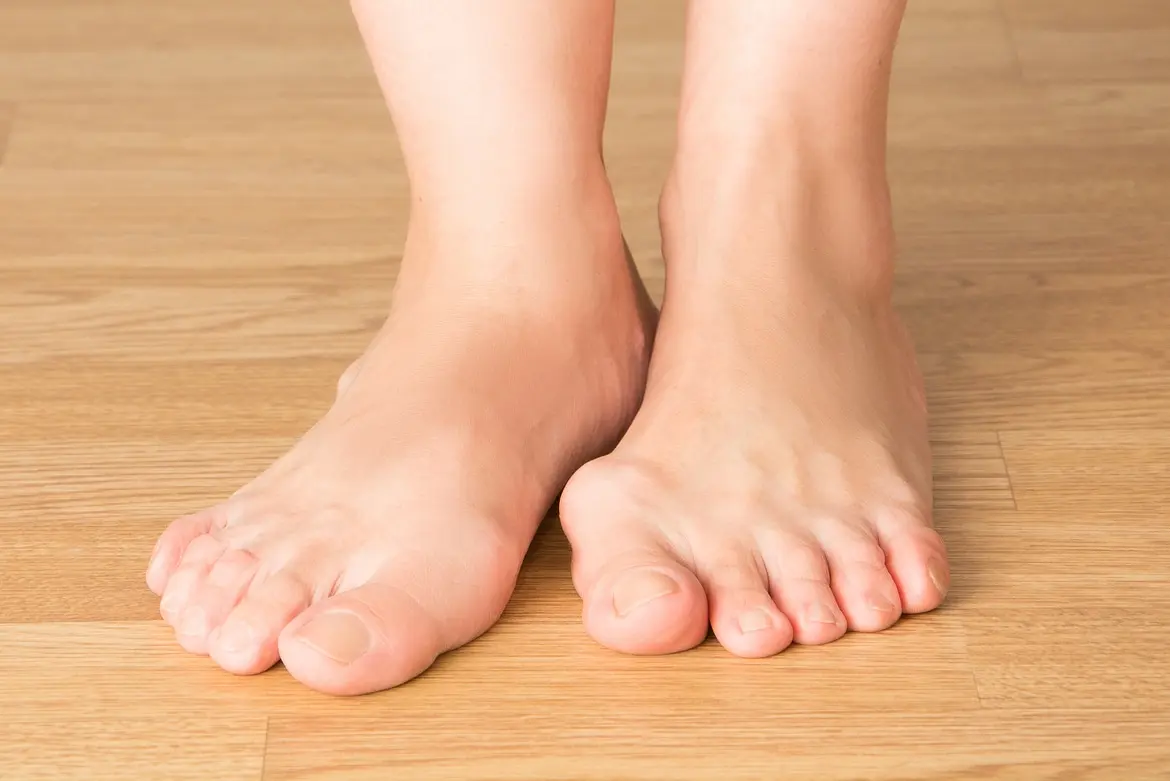Dr Kannan Kaliyaperumal
Bác sĩ phẫu thuật chấn thương chỉnh hình


Nguồn: Shutterstock
Bác sĩ phẫu thuật chấn thương chỉnh hình
Cơn đau do bệnh gút là những cơn đau dữ dội, sưng tấy, mẩn đỏ và căng tức các khớp đột ngột. Bệnh thường ảnh hưởng đến ngón chân cái, bàn chân, mắt cá chân, gót chân, mu bàn chân và đầu gối. Cơn đau thường xảy ra đột ngột, thường đánh thức bạn dậy giữa đêm với cảm giác như khớp bị ảnh hưởng đang bốc lửa, khiến nhiều người tìm kiếm cách giảm đau gút ngay lập tức.
Bệnh gút cũng có thể ảnh hưởng đến các khớp chi trên như ngón tay hoặc cổ tay, mặc dù ít phổ biến hơn so với bàn chân.
Bệnh gút là một trong những dạng viêm khớp (đau khớp) gây đau đớn nhất. Bệnh xuất hiện khi quá nhiều axit uric tích tụ trong cơ thể. Axit uric xuất phát từ quá trình phân hủy các chất được gọi là purine. Purine có trong tất cả các mô của cơ thể. Chúng cũng có trong nhiều loại thực phẩm, chẳng hạn như gan, đậu khô và đậu Hà Lan, thịt đỏ và lạc. Thông thường, axit uric hòa tan trong máu, đi qua thận và đào thải ra khỏi cơ thể qua nước tiểu.
Trao đổi với bác sĩ để tìm hiểu thêm về bệnh gút và các lựa chọn điều trị.
Khi mức axit uric trong máu cao, tình trạng này được gọi là tăng axit uric huyết. Hầu hết những người bị tăng axit uric huyết không phát triển bệnh gút. Nhưng nếu các tinh thể axit uric dư thừa hình thành trong cơ thể, bệnh gút có thể phát triển. Bệnh có thể tấn công các khớp ở ngón chân cái, mắt cá chân, đầu gối hoặc khuỷu tay.
Bác sĩ sẽ hỏi về các triệu chứng, tiền sử bệnh lý và tiền sử gia đình mắc bệnh gút của bạn.
Để đưa ra chẩn đoán bệnh gút, bạn phải có các dấu hiệu sau:
Để xác nhận chẩn đoán bệnh gút, bác sĩ có thể lấy mẫu dịch từ khớp bị viêm để tìm tinh thể liên quan đến bệnh gút.
Trao đổi với bác sĩ chuyên khoa chỉnh hình tại Bệnh viện Parkway East.
Trong một cơn đau do bệnh gút cấp tính, bác sĩ sẽ cố định khớp bằng băng ép hoặc túi chườm đá.
Ngoài ra, cũng có các loại thuốc làm giảm mức axit uric trong máu về lâu dài. Bác sĩ có thể cho bạn bắt đầu dùng các loại thuốc này sau khi thông qua các đợt kiểm tra và thảo luận với bạn.
Không có bằng chứng liên kết trực tiếp việc sử dụng thuốc lợi tiểu với bệnh gút. Tuy nhiên, vì thuốc lợi tiểu có xu hướng khiến bệnh nhân đi tiểu nhiều hơn nên có thể dẫn đến mất nước. Tình trạng mất nước có thể kích hoạt sự hình thành các tinh thể. Đó là lý do tại sao việc bù nước đầy đủ là điều cần thiết đối với những người dùng thuốc lợi tiểu cho huyết áp cao.
Để tìm hiểu thêm về các cơn đau gút và cách kiểm soát chúng, hãy trao đổi với bác sĩ.